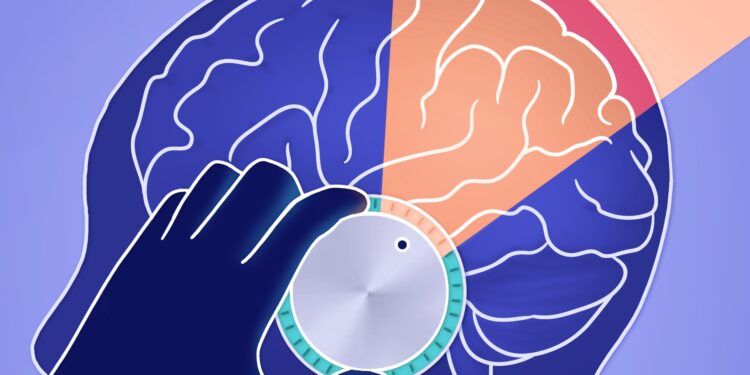Graphic for study. Credit: Lily Armstrong-Davies, medical illustrator
Mount Sinai researchers have shown for the first time that a person’s beliefs about drugs can influence their own brain activity and behavioral responses in a way comparable to the dose-dependent effects of pharmacology.
The implications of the study, which focuses directly on beliefs about nicotine, are profound. They range from elucidating how neural mechanisms underlying beliefs may play a key role in addiction to optimizing pharmacological and non-pharmacological treatments by leveraging the power of human beliefs. The study is published today in the journal Natural mental health.
“Beliefs can have a powerful influence on our behavior, but their effects are considered imprecise and rarely examined by quantitative neuroscience methods,” says Xiaosi Gu, Ph.D., associate professor of psychiatry and neuroscience at the School of Medicine Icahn of Mount Sinai. , and lead author of the study.
“We sought to determine whether human beliefs could modulate brain activities in a dose-dependent manner, in the same way that drugs do, and discovered a high level of precision in how beliefs can influence the human brain This discovery could be crucial for advancing our knowledge of the role of beliefs in addiction as well as a wide range of disorders and their treatments.
To explore this dynamic, the Mount Sinai team, led by Ofer Perl, Ph.D., a postdoctoral researcher in Dr. Gu’s lab at the time the study was conducted, asked nicotine-dependent participants to believe that an e-cigarette they were about to vape contained low, medium or high concentrations of nicotine, when in fact the level remained constant.
Participants then underwent functional neuroimaging (fMRI) while performing a decision-making task known to engage nicotine-activated neural circuits.
Scientists found that the thalamus, an important binding site for nicotine in the brain, exhibited a dose-dependent response to the subject’s beliefs regarding the strength of nicotine, providing compelling evidence supporting the relationship between subjective beliefs and biological substrates of the human brain.
This effect was previously thought to apply only to pharmacological agents. A similar dose-dependent effect of beliefs was also observed in functional connectivity between the thalamus and ventromedial prefrontal cortex, a brain region considered important for decision-making and belief states.
“Our results provide a mechanistic explanation for the well-known variations in individual responses to drugs,” notes Dr. Gu, “and suggest that subjective beliefs may be a direct target for the treatment of substance use disorders. could also advance our understanding of how cognitive interventions, such as psychotherapy, work at the neurobiological level in general for a wide range of psychiatric conditions beyond addiction.
Dr. Gu, who is one of the world’s leading researchers in the emerging field of computational psychiatry, cites another way his team’s research could inform clinical care. “The finding that human beliefs about medications play a crucial role suggests that we could potentially improve patients’ response to pharmacological treatments by leveraging these beliefs,” she explains.
Importantly, the Mount Sinai team’s work can also be seen in a much broader context: harnessing beliefs in a systematic way to better serve mental health treatment and research in general.
“We want to test the effects of drug beliefs beyond nicotine to include addictive substances like cannabis and alcohol and therapeutic agents like antidepressants and psychedelics,” says Dr. Gu.
“It would be fascinating to examine, for example, how the potency of a drug might impact the effect of drug-related beliefs on the brain and behavior and how long the impact of these might be. beliefs. Our findings could potentially revolutionize the way we view medications and therapy in a much broader health context.
More information:
Ofer Perl et al, Nicotine beliefs induce dose-dependent responses in the human brain, Natural mental health (2024). DOI: 10.1038/s44220-023-00188-9
Provided by Mount Sinai Hospital
Quote: Study shows human beliefs about drugs could have dose-dependent effects on the brain (January 3, 2024) retrieved January 3, 2024 from
This document is subject to copyright. Except for fair use for private study or research purposes, no part may be reproduced without written permission. The content is provided for information only.



